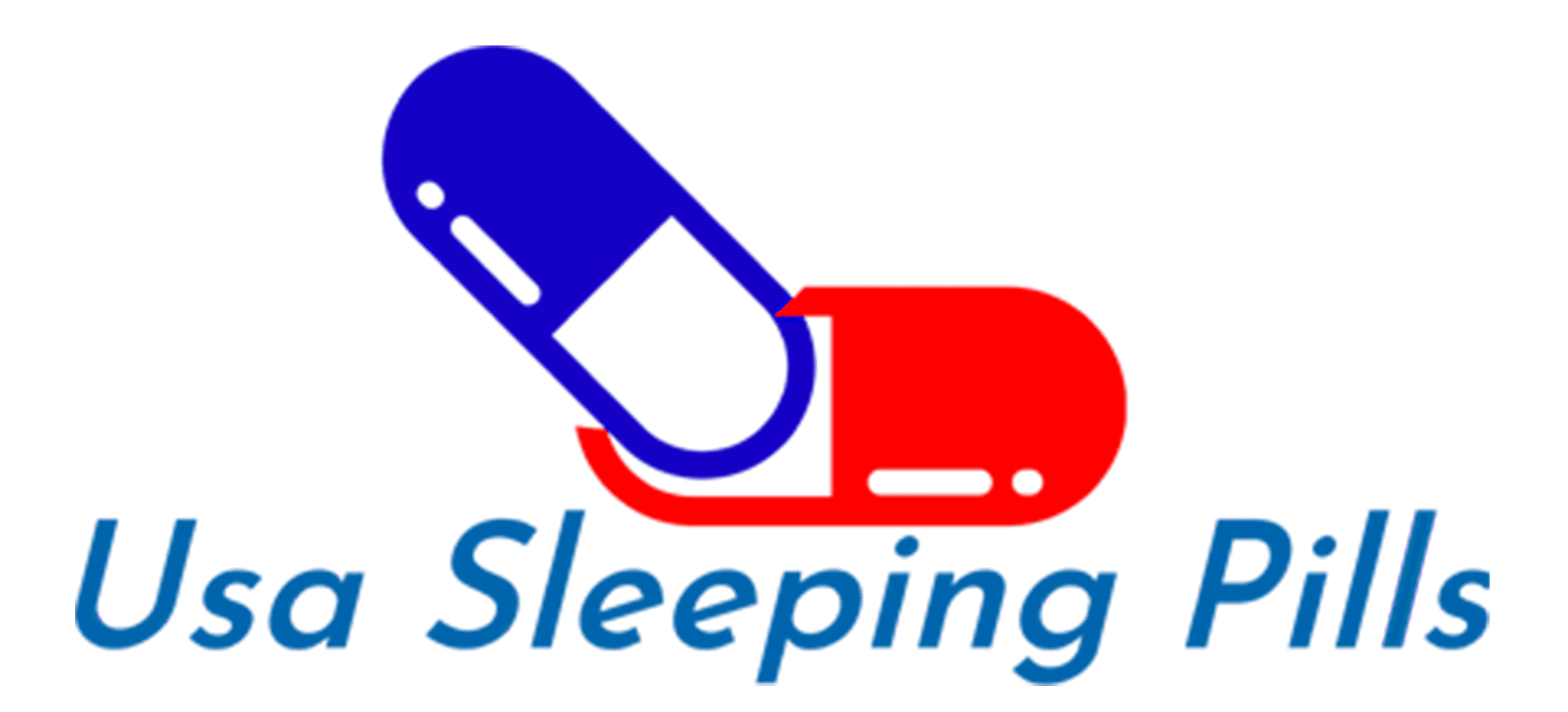Which is the Best Medicine for Anxiety

Comparison between Zopiclone and Zolpidem
February 23, 2023
Modafinil 200mg (Provigil) – The Ultimate Nootropic for Increased Productivity
May 6, 2023The best medicine for anxiety will depend on several factors, including the type and severity of anxiety, the individual’s medical history and other medications they may be taking, and personal preferences. Here are some of the most commonly prescribed medications for anxiety, along with their benefits and potential side effects:
Selective Serotonin Reuptake Inhibitors (SSRIs): SSRIs are a type of antidepressant that work by increasing the levels of serotonin in the brain. They are commonly prescribed for generalized anxiety disorder, panic disorder, and social anxiety disorder. Examples of SSRIs include fluoxetine (Prozac), sertraline (Zoloft), and escitalopram (Lexapro). Benefits of SSRIs include a lower risk of side effects compared to other medications, and they are generally well-tolerated. However, it can take several weeks for the full effects of the medication to be felt, and some people may experience side effects such as nausea, insomnia, or sexual dysfunction.
Serotonin-Norepinephrine Reuptake Inhibitors (SNRIs): SNRIs are another type of antidepressant that work by increasing the levels of serotonin and norepinephrine in the brain. They are commonly prescribed for generalized anxiety disorder, panic disorder, and social anxiety disorder. Examples of SNRIs include venlafaxine (Effexor) and duloxetine (Cymbalta). Benefits of SNRIs include a faster onset of action compared to SSRIs, and they may be more effective for some people. However, they can also cause side effects such as nausea, dizziness, or increased blood pressure.
Benzodiazepines: Benzodiazepines are a class of medications that work by enhancing the activity of GABA, a neurotransmitter that helps to reduce brain activity and induce a feeling of relaxation. They are commonly prescribed for acute anxiety or panic attacks, but are not typically recommended for long-term use due to the risk of dependence and withdrawal symptoms. Examples of benzodiazepines include alprazolam (Xanax), lorazepam (Ativan), and diazepam (Valium). Benefits of benzodiazepines include rapid onset of action and effective relief of symptoms. However, they can also cause side effects such as drowsiness, impaired coordination, and cognitive impairment.
Buspirone: Buspirone is a medication that works by binding to serotonin and dopamine receptors in the brain, and is commonly prescribed for generalized anxiety disorder. Benefits of buspirone include a low risk of dependence or abuse, and fewer side effects compared to benzodiazepines. However, it may take several weeks for the full effects of the medication to be felt, and it may not be as effective for some people.
Beta-Blockers: Beta-blockers are a type of medication that work by blocking the effects of adrenaline, which can help to reduce the physical symptoms of anxiety such as palpitations or trembling. They are commonly prescribed for social anxiety disorder or performance anxiety. Examples of beta-blockers include propranolol (Inderal) and atenolol (Tenormin). Benefits of beta-blockers include a rapid onset of action and effective relief of physical symptoms. However, they may not be as effective for reducing psychological symptoms of anxiety, and they can cause side effects such as fatigue or dizziness.
It’s important to note that medication is not the only treatment option for anxiety, and many people find that a combination of medication and therapy is most effective. If you are considering medication for anxiety, it’s important to talk to your healthcare provider about the potential benefits and risks of each medication, and to work together to find the best treatment plan for you.




